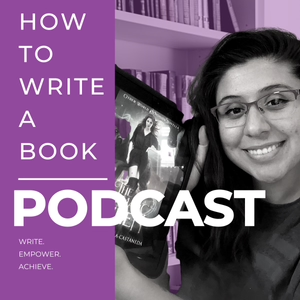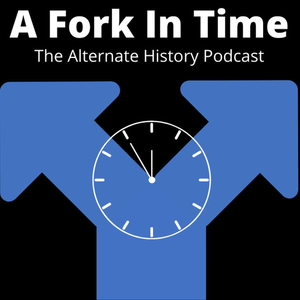
Practising contractions
05/16/16 • 1 min
Previous Episode

Doubt or Question?
Doubt or Question? Many English learners confuse the nouns ‘doubt’ and ‘question’. A ‘question’ is something you ask when you want to find out information. ‘Can you answer my question?’ ‘Does anyone have any questions?’ The noun ‘doubt’ describes a feeling of not being sure about something. ‘I have doubts about my ability to pass the test.’ ‘I never had any doubt you could do it.’ So if you have ‘doubts’ it means you feel uncertain. If you have ‘a question’, it means you want to ask something in order to find out more information. Flickr CC: Noelia
Next Episode

Gonna and Gotta
Gonna and Gotta In informal English conversation, we often use shorter, versions of common word combinations. One of the most common is ‘gonna’ - short for ‘going to’. When we say the words ‘going to’ very quickly, they run together and sound like ‘gonna’. So ‘Are you going to wash the car today?’ becomes: B: ‘Are you gonna wash the car today?’ And ‘We are going to go home for dinner.’ becomes: ‘We’re gonna go home for dinner.’ We also shorten ‘got to’ so it sounds more like ‘gotta.’ Here, ‘got to’ means ‘have to’ or ‘must’: So ‘I have got to wash the car today,’ becomes: ‘I’ve gotta wash the car today.’ And ‘I have got to go home for dinner,’ becomes: ‘I’ve gotta go home for dinner.’ Flickr CC: Bark
If you like this episode you’ll love
Episode Comments
Generate a badge
Get a badge for your website that links back to this episode
<a href="https://goodpods.com/podcasts/learn-english-37139/practising-contractions-1497353"> <img src="https://storage.googleapis.com/goodpods-images-bucket/badges/generic-badge-1.svg" alt="listen to practising contractions on goodpods" style="width: 225px" /> </a>
Copy




